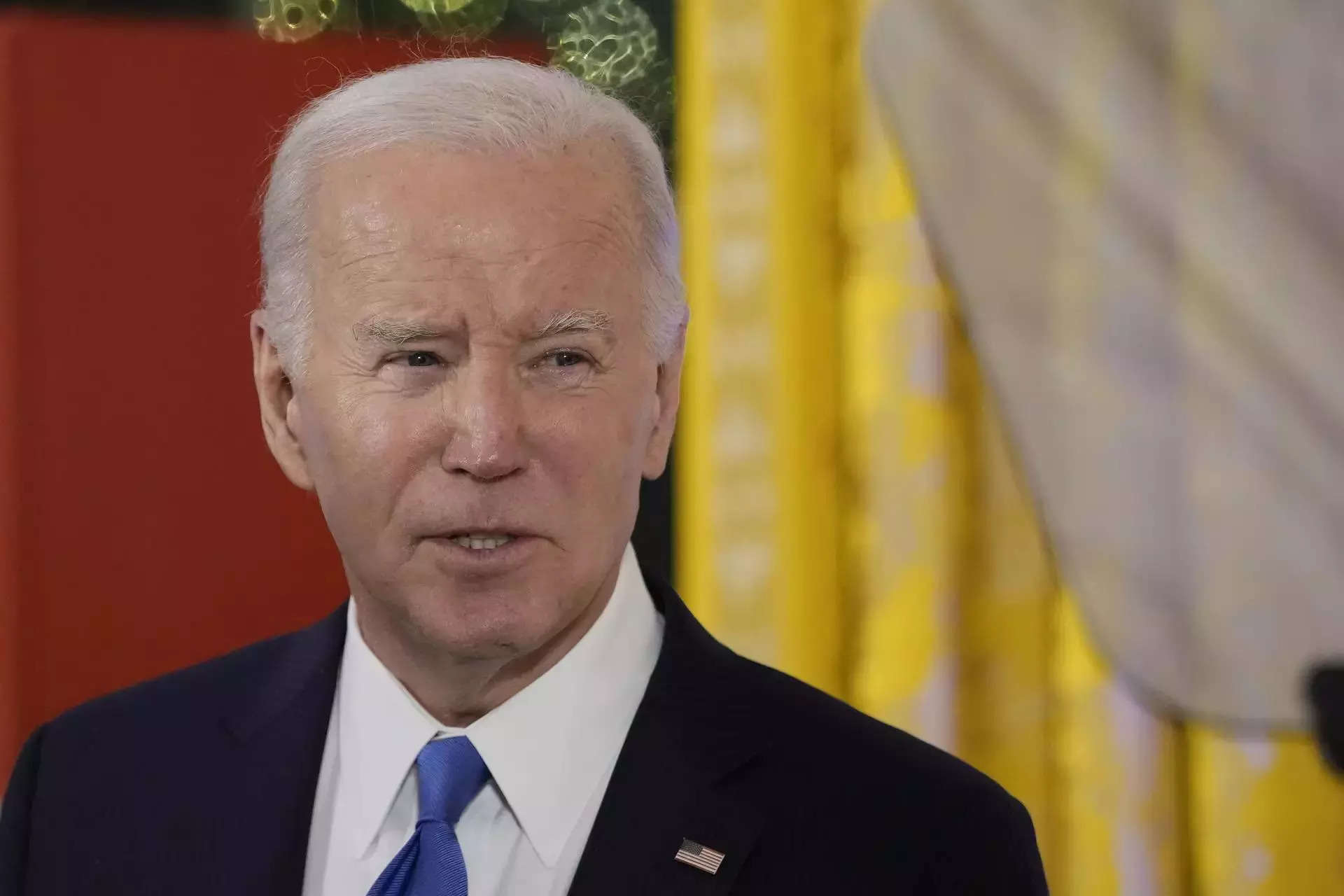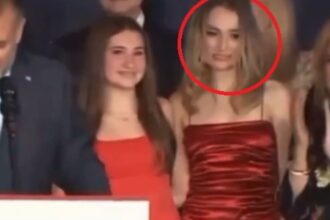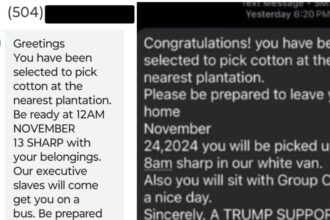US President Joe Biden expressed support on Thursday for Brazil and Colombia’s calls for a new election in Venezuela, following last month’s contentious vote that many believe was fraudulently won by President Nicolas Maduro. When asked on the South Lawn of the White House if he backs the idea of new elections in Venezuela, Biden simply responded, “I do.”
State Department spokesman Vedant Patel earlier declined to comment directly on the call for new elections.However, he reiterated US concerns about the conduct of the vote, stating that Venezuela’s election body “fell short of basic transparency and integrity measures and it didn’t follow national legal and regulatory provisions.”
Patel referenced a recent report by UN experts, which criticised the lack of transparency, stating, “There is no precedent for such an announcement of an election outcome without the publication of these kinds of details and these tallies, and so that’s what we are continuing to press for.”
The US, which strengthened oil sanctions against the OPEC member in April due to Maduro’s alleged non-compliance with electoral conditions, along with other Western countries, have condemned the election as fraudulent but have not taken swift action.
Brazilian President Lula da Silva suggested that a “coalition government” might be a possible solution for Venezuela, stating in a radio interview, “If (Maduro) has common sense, he could put it to the people, perhaps calling new elections with a nonpartisan electoral committee.”
Venezuelan opposition leader Maria Corina Machado dismissed the suggestions by Biden and Lula, asserting, “The election already happened,” and emphasizing that “Maduro must be made to know that the cost of his staying grows with each day that passes.”
Despite ruling out new elections, the Venezuelan government has not released the full voting tallies. The Brazilian president stated, “Maduro knows he owes Brazil and the world an explanation.”
Efforts to find a solution to Venezuela’s crisis continued with Lula and Colombian President Gustavo Petro discussing the issue by phone on Wednesday, although no details of their conversation were released.
Petro proposed on social media that power could be temporarily shared between Maduro’s party and the opposition, similar to a historical arrangement in Colombia. He remarked, “The political solution for Venezuela depends on Nicolas Maduro, who carries the peace and prosperity of his country,” adding that a political deal is the best option and rests on Venezuelans.
Petro, who restored diplomatic relations with Venezuela in 2022, also called for the removal of all sanctions on the country.
Latin American leaders are set to discuss the Venezuelan crisis this weekend at the inauguration of the Dominican Republic’s new president, according to Panama’s President Jose Raul Mulino.
Celso Amorim, Lula’s top foreign policy advisor, addressed the Brazilian Senate Foreign Relations Committee, indicating that Brazil had not formally proposed a new election in Venezuela. Conservative senators criticized the Lula administration’s perceived leniency towards Maduro and questioned Brazil’s efforts to support jailed opposition leaders.
Amorim mentioned that Brazil had offered to provide asylum to six opposition members currently seeking refuge in the Argentine embassy in Venezuela, now operating under a Brazilian flag following diplomatic tensions.
While Venezuela’s electoral authority claims Maduro won 51% of the vote, it has not disclosed complete tallies. The opposition, meanwhile, claims that their data, published on a public website, shows opposition candidate Gonzalez securing 67% of the vote.
State Department spokesman Vedant Patel earlier declined to comment directly on the call for new elections.However, he reiterated US concerns about the conduct of the vote, stating that Venezuela’s election body “fell short of basic transparency and integrity measures and it didn’t follow national legal and regulatory provisions.”
Patel referenced a recent report by UN experts, which criticised the lack of transparency, stating, “There is no precedent for such an announcement of an election outcome without the publication of these kinds of details and these tallies, and so that’s what we are continuing to press for.”
The US, which strengthened oil sanctions against the OPEC member in April due to Maduro’s alleged non-compliance with electoral conditions, along with other Western countries, have condemned the election as fraudulent but have not taken swift action.
Brazilian President Lula da Silva suggested that a “coalition government” might be a possible solution for Venezuela, stating in a radio interview, “If (Maduro) has common sense, he could put it to the people, perhaps calling new elections with a nonpartisan electoral committee.”
Venezuelan opposition leader Maria Corina Machado dismissed the suggestions by Biden and Lula, asserting, “The election already happened,” and emphasizing that “Maduro must be made to know that the cost of his staying grows with each day that passes.”
Despite ruling out new elections, the Venezuelan government has not released the full voting tallies. The Brazilian president stated, “Maduro knows he owes Brazil and the world an explanation.”
Efforts to find a solution to Venezuela’s crisis continued with Lula and Colombian President Gustavo Petro discussing the issue by phone on Wednesday, although no details of their conversation were released.
Petro proposed on social media that power could be temporarily shared between Maduro’s party and the opposition, similar to a historical arrangement in Colombia. He remarked, “The political solution for Venezuela depends on Nicolas Maduro, who carries the peace and prosperity of his country,” adding that a political deal is the best option and rests on Venezuelans.
Petro, who restored diplomatic relations with Venezuela in 2022, also called for the removal of all sanctions on the country.
Latin American leaders are set to discuss the Venezuelan crisis this weekend at the inauguration of the Dominican Republic’s new president, according to Panama’s President Jose Raul Mulino.
Celso Amorim, Lula’s top foreign policy advisor, addressed the Brazilian Senate Foreign Relations Committee, indicating that Brazil had not formally proposed a new election in Venezuela. Conservative senators criticized the Lula administration’s perceived leniency towards Maduro and questioned Brazil’s efforts to support jailed opposition leaders.
Amorim mentioned that Brazil had offered to provide asylum to six opposition members currently seeking refuge in the Argentine embassy in Venezuela, now operating under a Brazilian flag following diplomatic tensions.
While Venezuela’s electoral authority claims Maduro won 51% of the vote, it has not disclosed complete tallies. The opposition, meanwhile, claims that their data, published on a public website, shows opposition candidate Gonzalez securing 67% of the vote.
Source : Times of India









